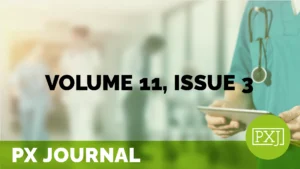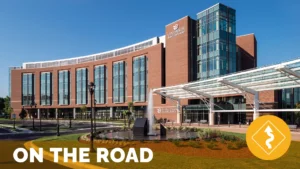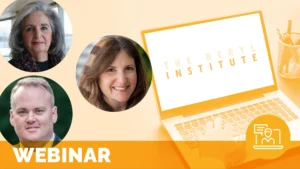Adapting and responding to a pandemic: Patient and family advisory councils in children’s hospitals during COVID-19

This mixed-methods study investigated the effects of the COVID-19 pandemic on Patient and Family Advisory Councils (PFACs) within children’s hospitals in the United States. Specifically, the study sought to understand how PFACs adapted operations as a result of the COVID-19 pandemic, how patient and family advisors (PFAs) were engaged in the response to COVID-19, and the intersection of the COVID-19 pandemic with PFAC diversity, equity, and inclusion. The study consisted of a survey distributed to 228 children’s hospitals, with a 73% response rate, and in-depth interviews with selected survey respondents (n=12). While COVID-19 temporarily disrupted PFAC operations and forced rapid adaptations, most children’s hospital PFACs transitioned successfully to virtual meetings, with 86% reporting that their PFAC met at least once from March to December 2020 and 84% indicating that their PFAC planned to meet as frequently or more frequently than before the pandemic. The majority of respondents (72%) reported that attendance at virtual PFAC meetings was the same as or better than with in-person meetings. Interview participants reported benefits associated with virtual meetings, including the potential ability to recruit and engage PFAs who better reflected the diversity of the patients and families served by the hospitals. Children’s hospitals are well-positioned to be leaders in the field, contributing to the development of new approaches, lessons learned, and best practices moving forward. This is especially true as hospitals continue to navigate the evolving realities of the COVID-19 pandemic, and as PFACs address challenges associated with maintaining diverse, equitable, and inclusive councils.
Related content
-
 Patient Family & Community Engagement
Patient Family & Community EngagementPatient, Family, and Health Professional Perspectives of How Families are Involved in Adult Inpatient Traumatic Brain Injury Rehabilitation
Objective: We aimed to answer the following research question: From the perspectives of patients, family members, and health professionals, how are families involved in the rehabilitation of adult patients with Traumatic Brain Injury at an inpatient Acquired Brain Injury service within an adult rehabilitation centre? Methods: We used an interpretive qualitative approach, from a constructivist view.
Learn more -
 Patient Family & Community Engagement
Patient Family & Community EngagementTransforming the Human Experience through Improved Provider Communication
On the Road with the Cone Health – June 2024 by Amy Kwiatkowski Earlier this year, I had the pleasure of meeting with the Patient Experience team at Cone Health in Greensboro, NC. I had a lively conversation with the Patient Experience team about the work they are doing and are so proud of and
Learn more -
 Culture & Leadership | Patient Family & Community Engagement
Culture & Leadership | Patient Family & Community EngagementApplying Equity, Diversity, and Inclusion in Co-design with Patient Experience Partners
Watch this webinar to learn about the Patient Experience Partner (PXP) Program at North York General Hospital (NYGH), a 480-acute care bed community academic hospital in Toronto, Ontario, Canada. The presenters will provide an overview of a specialized volunteer program for the purpose of informing hospital service design through the patient and caregiver lens. PXPs
Learn more
